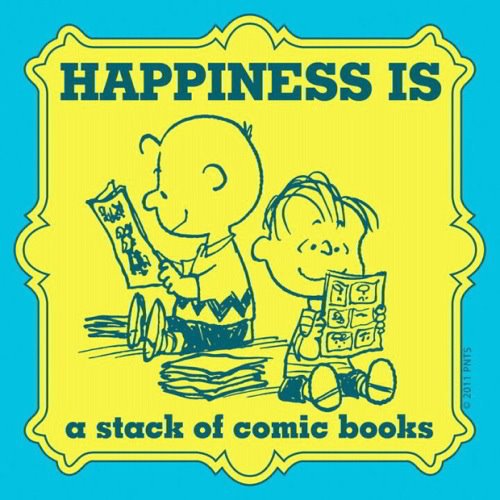In a course I taught this summer, someone mentioned that they had seen a document comparing the IB Learner Profile with the VIA Character Strengths. An IB coordinator identifed that many character strengths are embeed in the IB Learning profiel but only provided a list of the traights, not explicitly linking it to any of the 8 profile statements: “Creativity, Ingenuity, Originality, Curiosity, Judgement and Critical Thinking, Love of Learning, Perspective, Valour and Bravery, Diligence/ Perseverance, Integrity, Honesty Vitality, Zest, Enthusiasm Kindness and Generosity Loving and being Loved, Social/Emotional Intelligence, Citizenship, Duty, Equity, Fairness Leadership, Self Control, Forgiveness, Modesty, Prudence, Caution, Appreciation of Beauty, Gratitude, Hope, Optimism, Playfulness, Sense of Purpose”
Having not been able to find a more specific document, I created my own; mine looks specifically for primary connections as opposed to secondary one. Certainly, for example, you could argue leadership is present when working indepeendently as stated in the inquires bullet, but it is not specific enough to
The IB Learner Profile
IB learners strive to be:
Inquirers
They develop their natural curiosity. They acquire the skills necessary to conduct inquiry and research and show independence in learning. They actively enjoy learning and this love of learning will be sustained throughout their lives.
Knowledgeable
They explore concepts, ideas and issues that have local and global significance. In so doing, they acquire indepth knowledge and develop understanding across a broad and balanced range of disciplines.
Thinkers
They exercise initiative in applying thinking skills critically and creatively to recognize and approach complex problems, and make reasoned, ethical decisions.
Communicators
They understand and express ideas and information confidently and creatively in more than one language and in a variety of modes of communication. They work effectively and willingly in collaboration with others.
Principled
They act with integrity and honesty, with a strong sense of fairness, justice and respect for the dignity of the individual, groups and communities. They take responsibility for their own actions and the consequences that accompany them.
Open-minded
They understand and appreciate their own cultures and personal histories, and are open to the perspectives, values and traditions of other individuals and communities. They are accustomed to seeking and evaluating a range of points of view, and are willing to grow from the experience.
Caring
They show empathy, compassion and respect towards the needs and feelings of others. They have a personal commitment to service, and act to make a positive difference to the lives of others and to the environment.
Risk-takers
They approach unfamiliar situations and uncertainty with courage and forethought, and have the independence of spirit to explore new roles, ideas and strategies. They are brave and articulate in defending their beliefs.
Balanced
They understand the importance of intellectual, physical and emotional balance to achieve personal wellbeing for themselves and others.
Reflective
They give thoughtful consideration to their own learning and experience. They are able to assess and understand their strengths and limitations in order to support their learning and personal development.

 What’s more, “The Science of Happiness” will offer students practical strategies for nurturing their own happiness. Research suggests that up to 40 percent of happiness depends on our habits and activities. So each week, students will learn a new research-tested practice that fosters social and emotional well-being—and the course will help them track their progress along the way.
What’s more, “The Science of Happiness” will offer students practical strategies for nurturing their own happiness. Research suggests that up to 40 percent of happiness depends on our habits and activities. So each week, students will learn a new research-tested practice that fosters social and emotional well-being—and the course will help them track their progress along the way.
